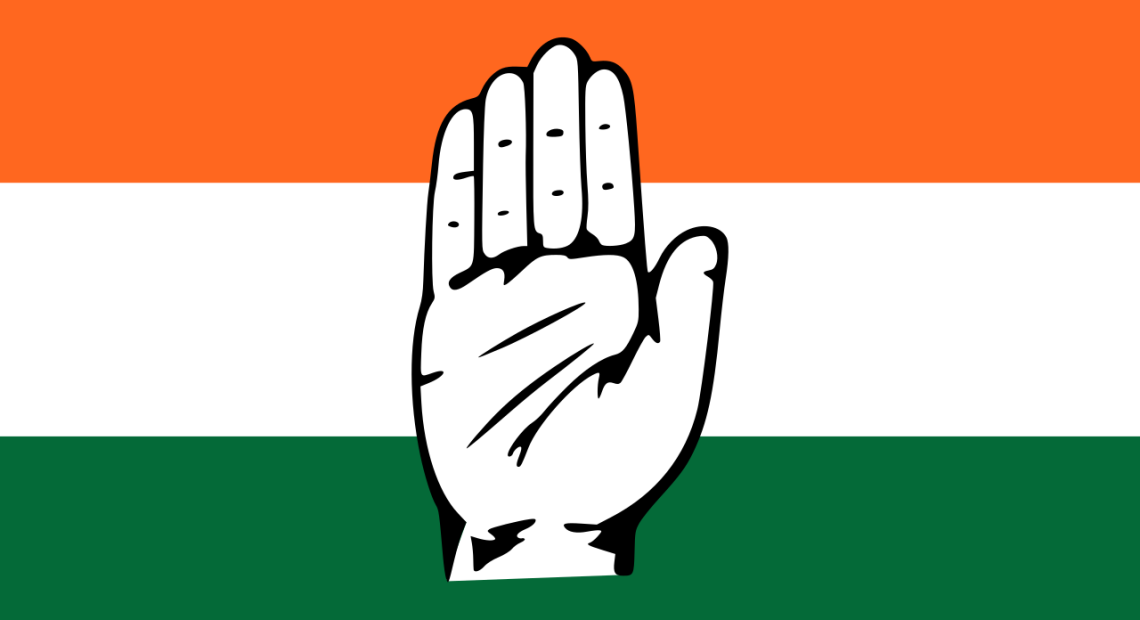
Congress Slams Modi’s Silence on Trump Trade Threat
In the wake of Operation Sindoor, the Congress party has shifted focus to what it calls an alarming diplomatic silence from Prime Minister Narendra Modi. The party has criticized Modi for not responding to claims made by former U.S. President Donald Trump, who asserted that he threatened to cut off trade with both India and Pakistan to bring about a ceasefire.
Just hours before Modi’s national address on the military operation, Trump claimed he had intervened by warning both countries of trade consequences if the conflict continued. This statement, while not corroborated by the Indian government, has become a flashpoint in the domestic political discourse.
“Sindoor Ke Saath Sauda Sambhav Nahi”
Congress leader Pawan Khera took a direct jab at the Prime Minister, accusing him of compromising India’s dignity by remaining silent. He declared, “Sindoor ke saath sauda sambhav nahi,” symbolically rejecting the idea of bargaining national pride or military sacrifice for trade deals. Khera’s comments suggested that Modi’s silence may be indicative of backdoor deals or quiet acquiescence to foreign pressure.
Jairam Ramesh, another senior Congress figure, questioned whether the Indian government had allowed external mediation under the pretext of Trump’s threats. He emphasized the need for transparency in India’s foreign policy, particularly in matters of national security, and asked whether trade diplomacy influenced the ceasefire decision.
Government Denies Trade Involvement
In response to the growing uproar, official sources from the Indian government have denied any discussions involving trade during diplomatic engagements with the United States. According to these officials, the only focus of the talks was the de-escalation of tensions and avoiding further loss of civilian lives on both sides of the border.
Despite these assurances, Congress continues to demand a full public clarification from the Prime Minister. The party has called for a joint parliamentary session to investigate the full scope of external involvement in India’s decision to pause military action.
The controversy has placed the Modi government on the defensive, especially as Operation Sindoor was initially perceived as a display of strategic resolve. The suggestion that a foreign power may have played a coercive role in ending hostilities has stirred discomfort among both political observers and the public. As questions mount, the government faces a dual challenge—defending its military decisiveness while maintaining its image of diplomatic independence.
The issue is likely to remain in the headlines, with the opposition sharpening its attacks and the ruling party under pressure to deliver clarity. In the broader context, the episode reignites the debate over India’s autonomy in international relations, and whether its leaders are willing to confront powerful allies when national honor is at stake.


















